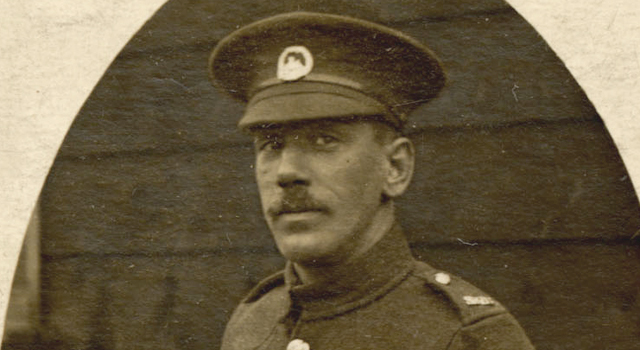Articles

No Comments
By Voices
On 01, Mar 2014 | No Comments | In Commemoration | By Voices
The Dead of the War and the War’s Consequences for our Lives Today
Prof Stephen Badsey, Department of History, Politics and War Studies, University of Wolverhampton
Professional historians have had a long time to think and plan about the 100th anniversary commemorations of the First World War: almost a decade has passed since our first discussions. As a sub-branch of the war’s history, we have also studied the ways in which the war has been remembered and commemorated over the decades since it was fought in 1914-18.
Overwhelmingly, most British people say that they want the First World War to be commemorated (although few would be comfortable with its being ‘celebrated’), and most want the commemoration to be first of all about the dead of the war, and about the war’s consequences for our lives today. Unlike many other events that took place 100 years or more ago, the First World War still seems very raw, inciting argument and often strong opinions.
![Photograph of Jesse Hill [Wolverhampton City Archives]](http://www.voicesofwarandpeace.org/wp-content/uploads/2014/03/jesse-hill.jpg) But no-one now alive actually remembers the First World War; not even your grandmother can tell you what it was like. Instead, most people carry in their heads an amalgam of fiction, film and television, half-remembered facts, and the partial history they were taught at school, and think that this was the real war. This gives professional historians a number of problems. To take a handful of examples, we know as historical fact that the First World War did not lead to the death of a generation in Britain, that every home did not lose a loved one, that the war did not end with all women getting the vote, and that a botched peace did not lead inevitably to the Second World War. We can even trace the period in which the real events of the war became disconnected from the popular cultural imagination, which happened about 45 years ago as most of the war generation passed away.
But no-one now alive actually remembers the First World War; not even your grandmother can tell you what it was like. Instead, most people carry in their heads an amalgam of fiction, film and television, half-remembered facts, and the partial history they were taught at school, and think that this was the real war. This gives professional historians a number of problems. To take a handful of examples, we know as historical fact that the First World War did not lead to the death of a generation in Britain, that every home did not lose a loved one, that the war did not end with all women getting the vote, and that a botched peace did not lead inevitably to the Second World War. We can even trace the period in which the real events of the war became disconnected from the popular cultural imagination, which happened about 45 years ago as most of the war generation passed away.
Only last year, the only military historian on the government’s advisory panel on the commemoration, Sir Hew Strachan, called for the events of the commemoration to be an opportunity to examine the war’s real historical facts and truths, producing fresh perspectives and better understanding. At the end of 2018 will we know if that hope has been achieved. It is our good fortune that this time we are part of the commemoration, and inside the experiment.



Submit a Comment